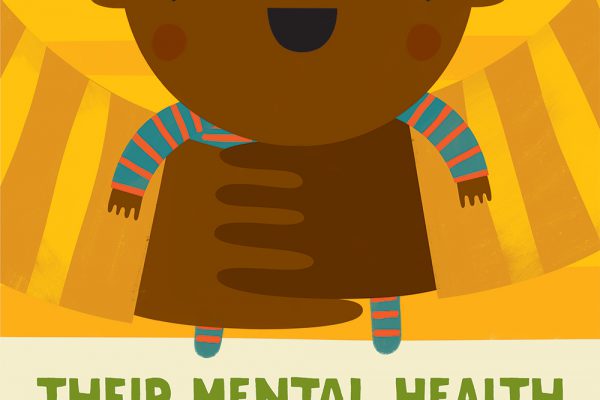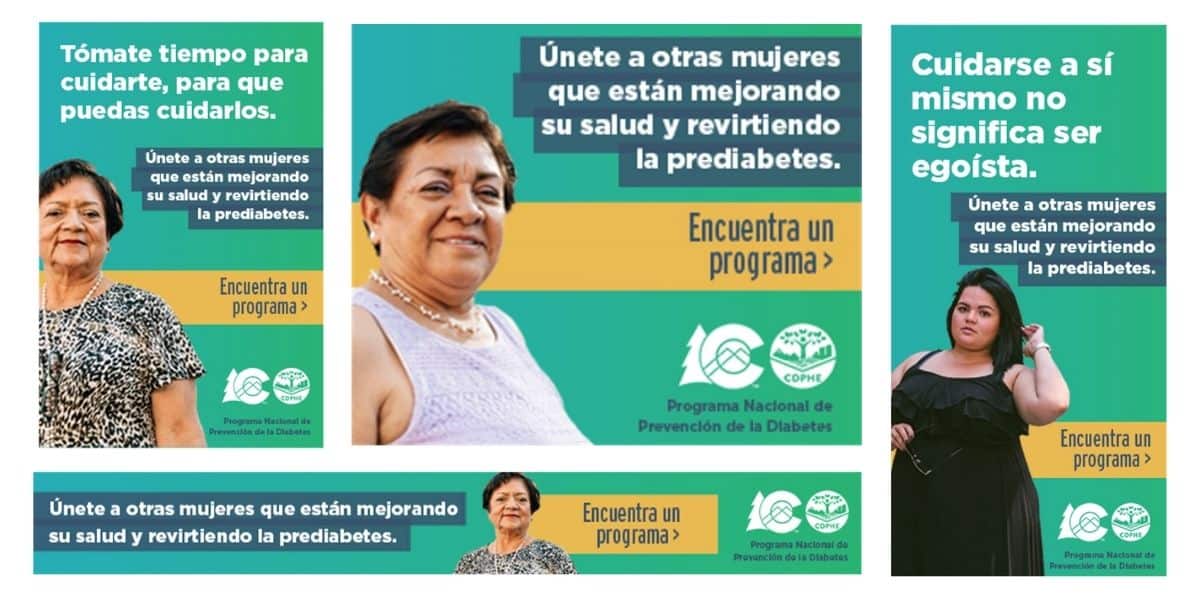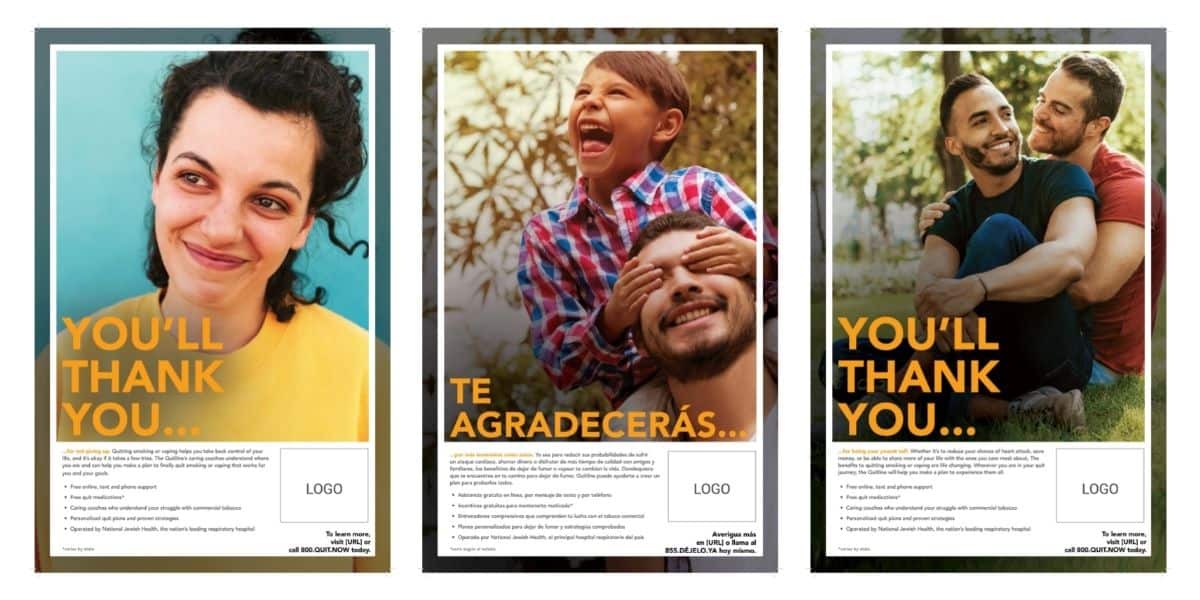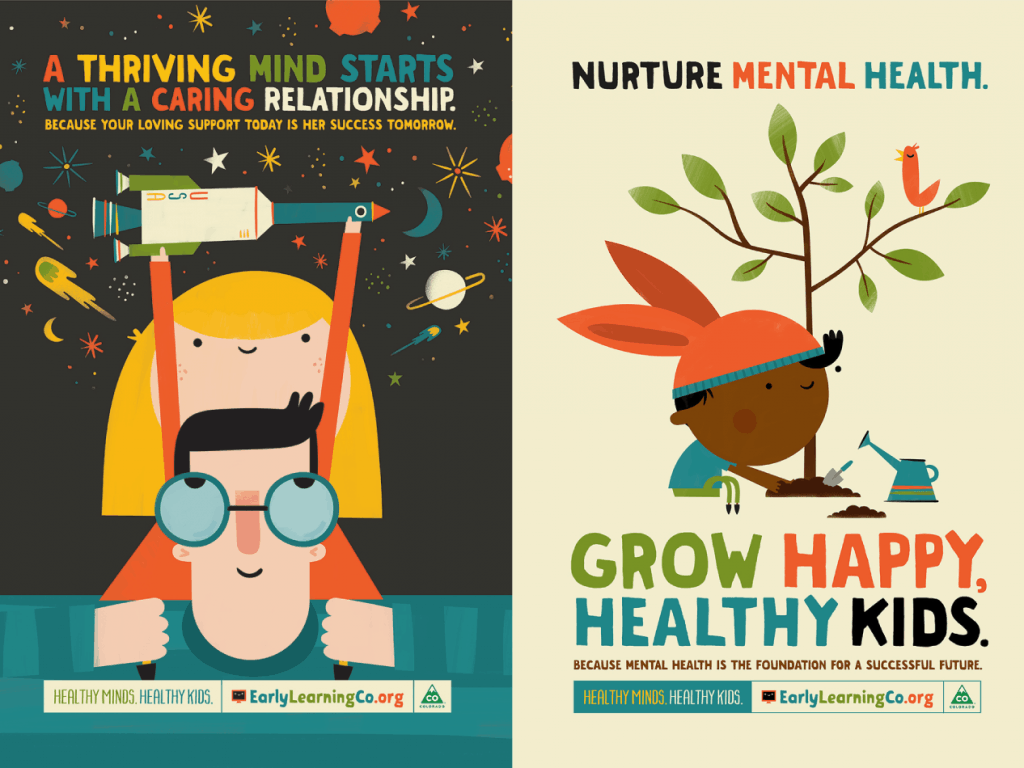
Any conversation about mental health can be complicated by stigma. But when the concern relates to the behavior of a young child, the fear of being labeled or excluded can become so pronounced that it gets in the way of children receiving the support they need.
To make matters worse, behavioral challenges exhibited by very young children are typically approached as a discipline problem rather than an opportunity to bolster support for the child and engage the family. Consequences – including suspension and expulsion from early learning programs — tend to be the knee-jerk reaction, even though challenging behavior often points to an underlying need for social-emotional support.
The downstream consequences of not appropriately addressing these children’s needs are dire.
When behavioral issues aren’t addressed early on, children will continue to struggle and the challenges they face will multiply. Research shows that children who are suspended or expelled from school during the early years are more likely to drop out and end up in the criminal justice system. This preschool-to-prison pipeline disproportionately impacts boys of color, with African American boys three times more likely to be suspended from preschool than their white peers, according to U.S. Department of Education data.
In this light, supporting the behavioral health of very young children becomes a major driver of life-long equity. In fact, children who participate in social-emotional learning in school have an average 11 percent gain in academic achievement, reports the journal Child Development.
Schools are responding by infusing more mediation into their disciplinary procedures and incorporating social-emotional curriculum where budgets allow.
But the process of developing strong mental health begins long before children enter school, with the relationships and experiences in a child’s first years of life.
It has all the makings of a classic behavior-change communication challenge.
Our challenge: How could increased awareness about the importance of social-emotional development mitigate the negative impacts of stigma and accelerate these efforts?
Our client: A coalition of early childhood groups, led by the state Office of Early Childhood.
Across Colorado and beyond, communities are working to strengthen the local support system for families when it comes to the early screening and identification of mental health issues. (This innovation was on display last month at an event organized by the Donnell Kay Foundation featuring Rico Munn, superintendent of Aurora Public Schools, and Jaison Oliver, of the community-organizing group ONE Houston.)
Here are a few pillars that framed our approach, which may provide lessons for anyone trying to introduce challenging topics:
When introducing a sensitive topic complicated by stigma, engage a community’s trusted messengers
To overcome the barriers to communication, we centered our strategy around engaging each community’s most trusted messengers and training them to engage the parents they work with. This made doctors, nurses, home visiting professionals, child care providers, and other early childhood professionals key audiences for our outreach efforts. The goal was to reach these trusted professionals with messages and training to build their skills and knowledge related to social-emotional development. In so doing, we were able to add value to their outreach to families by providing ready-to-distribute materials and other communications tools.
Identify ways to reach underserved families outside of the traditional “system”
In a state like Colorado that does not require universal preschool, many children are essentially “off the grid” until they enter kindergarten. Families who live in rural or underserved areas, are undocumented, or whose children are cared for in informal “family, friend and neighbor” child care situations are especially hard to reach. Health care professionals can be good messengers even for isolated families, but the contact with the health care system tends to be infrequent. To reach these families, the strategy included aligning with all 34 early childhood councils (ECCs) across the state through the Early Childhood Council Leadership Alliance. By making available our messages, materials and outreach training to all ECCs statewide, we were able to take advantage of each council’s positioning as an information clearinghouse for local early childhood efforts. Social media outreach, including promoted and targeted posts, can help ensure reach to underserved parents and caregivers, including monolingual Spanish-speakers.
Instead of creating new networks, mobilize existing advocates to spread messages in their spheres influence
With hundreds of early childhood advocates, programs and organizations active in Colorado, we were not seeking to create a new initiative – rather we wanted to align with the many parent-focused outreach efforts already underway across the state. We created and made available (via the state’s Office of Early Childhood website) a library of communications tools, including customizable print materials, educational videos, posters, social media content, a fact sheet for policymakers, an outreach presentation and more. By seeding efforts across the state with customizable materials, early childhood advocates can tailor outreach to be most effective in their local community, while benefitting from research-tested messages and already-assembled communications materials.
This project offers clues for anyone working toward social change. Focusing outreach efforts on a community’s trusted messengers, educating them and equipping them to improve their own communication with families is an effective way to increase awareness about issues that may be complicated by stigma.









